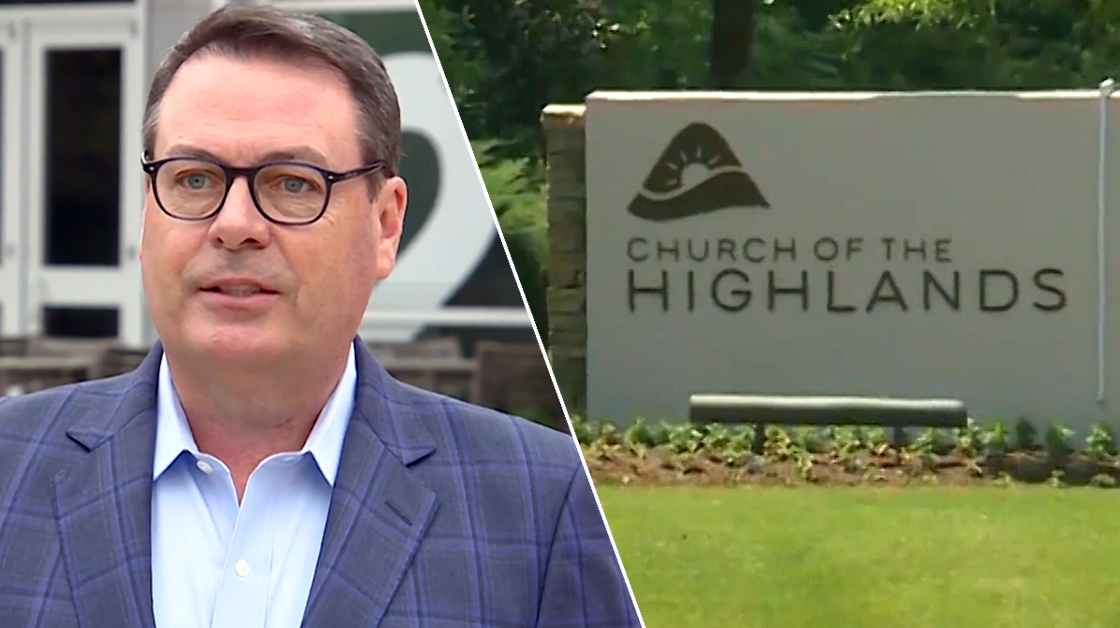The Church of the Highlands, one of the largest and fastest-growing churches in the United States, has faced its fair share of controversies over the years. With its headquarters in Birmingham, Alabama, the church boasts a membership of over 60,000 attendees across multiple campuses. However, despite its popularity, the Church of the Highlands scandal has made headlines, prompting questions about accountability and transparency within megachurches.
What is the Church of the Highlands?
Before diving into the controversy, it’s essential to understand the church’s significance. Founded in 2001 by Pastor Chris Hodges, the Church of the Highlands emphasizes contemporary worship, small groups, and community outreach. Its mission is to lead people into a growing relationship with Jesus Christ. The church’s rapid expansion and influence have earned it a prominent position within the evangelical community.
Also Read: Contact DefStartup: Your Gateway to Innovative Business Solutions
The Church of the Highlands Scandal: A Timeline
Social Media Controversies
In 2020, the Church of the Highlands found itself under intense scrutiny due to social media activity by its founder, Pastor Chris Hodges. The controversy began when Hodges liked several social media posts deemed racially insensitive. Critics accused him of endorsing views that conflicted with the church’s inclusive values.
The backlash was immediate, leading to public apologies from Hodges. He admitted to poor judgment, stating, “I realize that I have hurt people, and I am deeply sorry. I take full responsibility for my actions.” Despite his apology, the incident led to the severance of partnerships with some organizations, including Birmingham’s Housing Authority, which had previously collaborated with the church on community projects.
Allegations of Financial Mismanagement
Another layer of the Church of the Highlands scandal revolves around financial transparency. Critics have questioned the allocation of funds, pointing to the luxurious lifestyles of some church leaders. While no formal accusations of fraud have been made, the lack of detailed financial disclosures has fueled suspicions.
Concerns About Leadership Culture
Reports have also surfaced about the church’s leadership practices. Former members have alleged a culture of control and exclusivity, claiming that dissenting voices were often silenced. These allegations, coupled with the social media scandal, have raised broader questions about governance within the Church of the Highlands.
Public Response to the Scandal
The Church of the Highlands scandal has elicited mixed reactions. Many loyal members continue to support the church, praising its positive impact on their lives. However, critics argue that the controversies highlight systemic issues in megachurches, such as the lack of accountability and the potential for abuse of power.
Local communities were particularly divided over the fallout from the social media controversy. While some saw it as an opportunity for reflection and growth, others viewed it as a betrayal of the church’s mission.
Lessons Learned from the Church of the Highlands Scandal
Importance of Transparency
One of the key takeaways from the Church of the Highlands scandal is the need for transparency in leadership. Whether it’s financial accountability or open dialogue with congregants, transparency helps build trust and maintain credibility.
Addressing Racial Sensitivity
The social media controversy underscored the importance of racial sensitivity within religious institutions. As the Church of the Highlands continues to diversify its congregation, fostering an inclusive environment must remain a top priority.
Strengthening Accountability Mechanisms
To prevent future controversies, churches like the Church of the Highlands should consider implementing robust accountability mechanisms. These might include external audits, transparent communication channels, and regular reviews of leadership practices.
FAQs
Q1: What is the Church of the Highlands scandal about?
The Church of the Highlands scandal refers to several controversies, including social media activity by its founder Chris Hodges, allegations of financial mismanagement, and concerns about leadership practices.
Q2: How has the Church of the Highlands responded to the scandal?
The church has publicly apologized for the social media controversy and emphasized its commitment to inclusivity and community outreach. However, critics believe more significant reforms are needed.
Q3: What lessons can other churches learn from this scandal?
The scandal highlights the importance of transparency, racial sensitivity, and robust accountability mechanisms within religious organizations.
Q4: Is the Church of the Highlands still operational?
Yes, the Church of the Highlands remains operational and continues to attract thousands of attendees each week. Despite the controversies, the church maintains a strong following.
Final Thoughts
The Church of the Highlands scandal serves as a cautionary tale for religious organizations. It underscores the challenges of balancing rapid growth with ethical governance. While the church continues to impact many lives positively, the controversies have exposed areas for improvement.
As the church moves forward, addressing these issues will be crucial in restoring trust and ensuring its mission aligns with its actions. For members and leaders alike, the scandal is a reminder that accountability, humility, and transparency are essential pillars of faith-based communities.
By learning from past mistakes, the Church of the Highlands—and other organizations—can strive for a future that embodies the values they preach.

